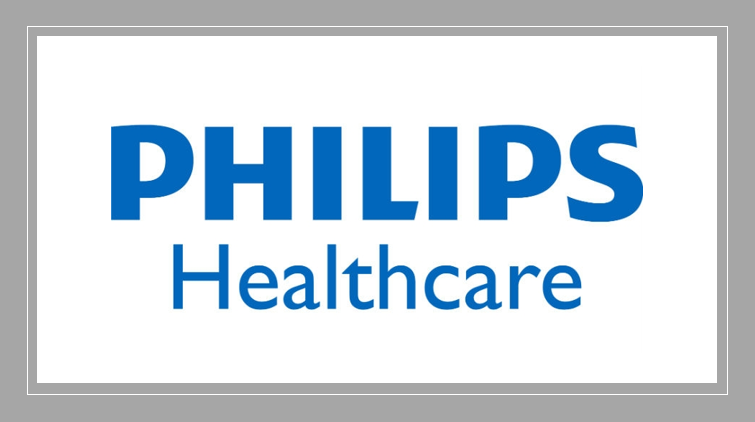News & Trends - MedTech & Diagnostics
Philips, one of first MedTechs to become carbon neutral

MedTech News: Philips Healthcare Australia, a global leader in health technology, has successfully met all the targets set out in its 2016 – 2020 ‘Healthy people, Sustainable planet’ program.
“I am pleased that we have delivered on all the targets set out in our Healthy people, Sustainable planet program, making Philips one of the first health technology companies in the world that has become carbon neutral in its operations,” said Frans van Houten, CEO of Royal Philips.
Key achievements of the program include carbon neutrality in its operations, 100% electricity from renewable sources, over 70% of sales from Green Products and Services, 15% of sales coming from circular revenues, recycling 90% of its operational waste, and sending zero waste to landfill.
In Australia, carbon emissions were 398 tonnes in 2018, with that number reduced to just 6 tonnes in 2020, all fully offset.
Philips told Health industry Hub “Our purpose is to improve the health and well-being of people. We see growing demand from our key stakeholders to take responsibility. Also, a responsible company appeals to employees and talent – sustainable sites attract customers, talent and investors, and create an appealing environment for world-changing innovation.
“We track brand reputation through surveying consumers and healthcare professionals. In the second half of last year, we started looking into the effects of our sustainability activities on the Philips brand. Topics we question people about the Philips brand are Access to Care, Circular Economy, Eco-Design, Climate Change. However, it’s too soon to be able to share the results.”
Philips received further global recognition for its ESG performance: top positions in the Dow Jones Sustainability Index, and Sustainalytics rankings; eight consecutive years on the CDP Climate Change A-list; greenhouse gas reduction targets approved by the Science Based Targets initiative. Philips also achieved second place in 2020 on Wall Street Journal’s 100 Most Sustainably Managed Companies in the World.
“Our current integrated ESG framework builds on this success, and we are determined to join forces with all necessary stakeholders, public and private, to drive environmental, social and governance priorities and generate global impact. With the COVID-19 pandemic and climate change exposing the risks in terms of people’s health and access to quality healthcare, we are committed to building inclusive and resilient healthcare systems, while reducing our dependency on natural resources,” added Frans van Houten.
Philips’ Environmental, Social and Governance update is an integral part of the Philips Annual Report 2020, which was published recently.
Highlights include:
Social:
- Fair and inclusive workplace: Philips’ average employee engagement score for 2020 was 79%. Philips’ employee survey consistently reports that its employee engagement is on the rise and well exceeding the global high-performance norm of 71%. Moreover, gender diversity in senior leadership positions was 27% by the end of 2020, exceeding Philips’ target of 25%.
Environmental:
- Renewable energy sources: Through consortium-led virtual Power Purchase Agreements, Philips is securing renewable electricity supply to power its European operations.
- Circular economy: Philips plays a leading role in the Platform for Accelerating the Circular Economy (PACE), setting global Action Agendas and driving change to embed circular thinking and ways of working. As part of its commitment to the World Economic Forum (WEF) Capital Equipment pledge, Philips has delivered on its commitment to close the loop for large medical systems equipment by offering a trade-in for all deals that the company won around the globe, repurposing/recycling components and materials in a responsible way to improve more lives without further depleting the world’s natural resources.
- Supply chain: Philips works with suppliers to further reduce their carbon emissions by supporting capability building and contributing to transparency and efficiency in the supply chain. This approach has improved the sustainability performance of suppliers that entered the program in 2019 by 36% compared to last year.
News & Trends - MedTech & Diagnostics

Bariatric surgery trumps Novo Nordisk’s Wegovy in cost-effectiveness and durability
MedTech & Diagnostics News: Bariatric surgery emerges as cost-effective, boasting superior and enduring weight loss outcomes over a five-year span […]
MoreNews & Trends - Pharmaceuticals

Aussie digital health company hits new milestone in AstraZeneca partnership
Pharma News: Fewer than 50% of asthma patients adhere to their prescribed preventative medications. An Australian digital health company has […]
MoreDigital & Innovation

Medical drone to reduce health equity gaps in rural and remote Australia
A specialised medical drone which increases accessibility to essential health services such as pathology, medicines, and telehealth services in rural […]
More
